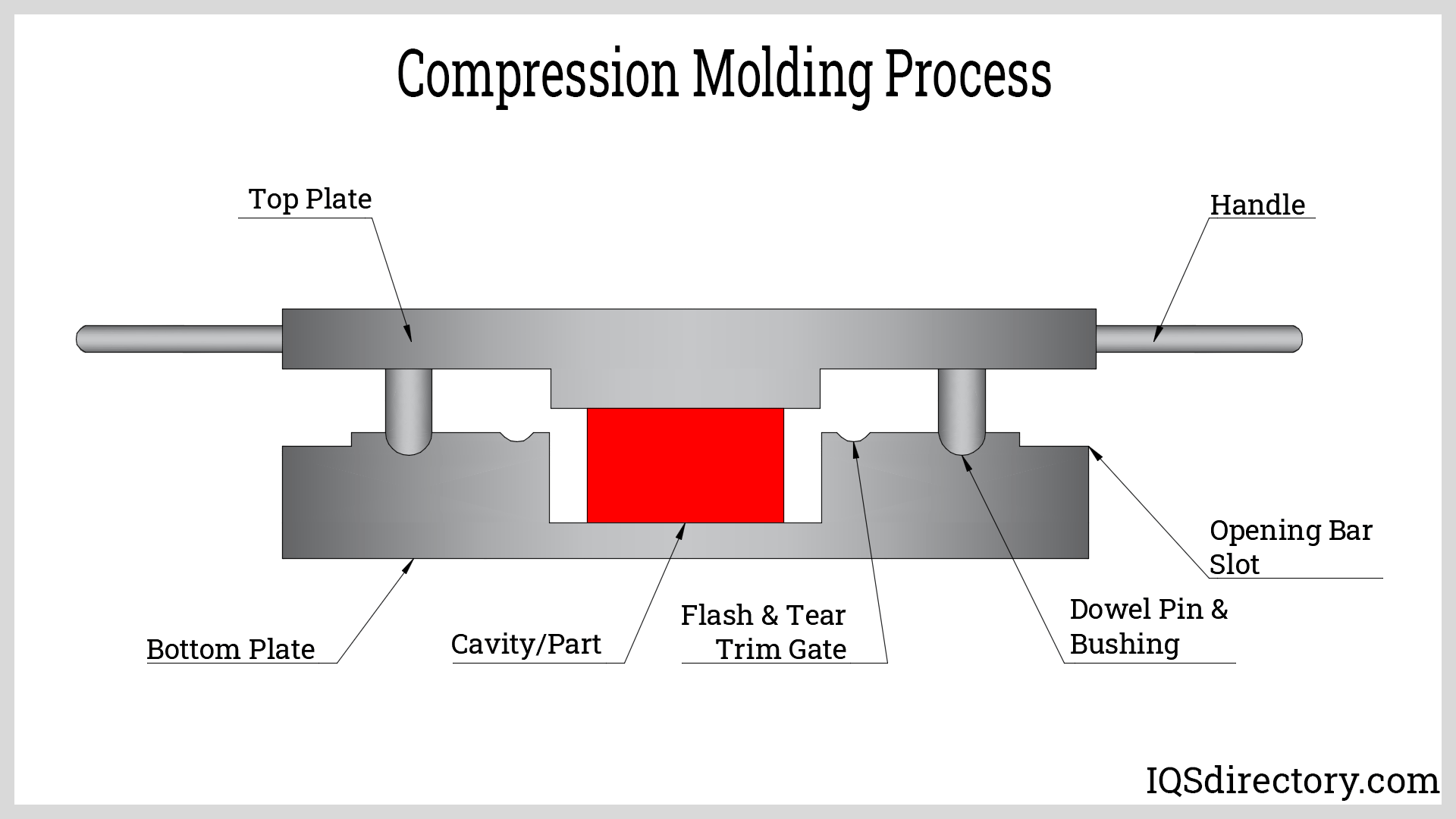
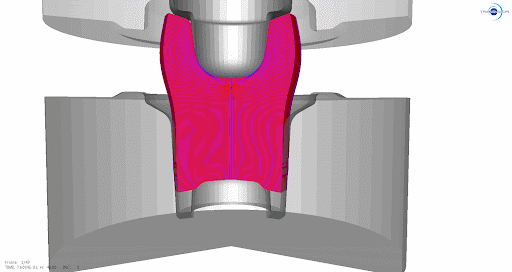
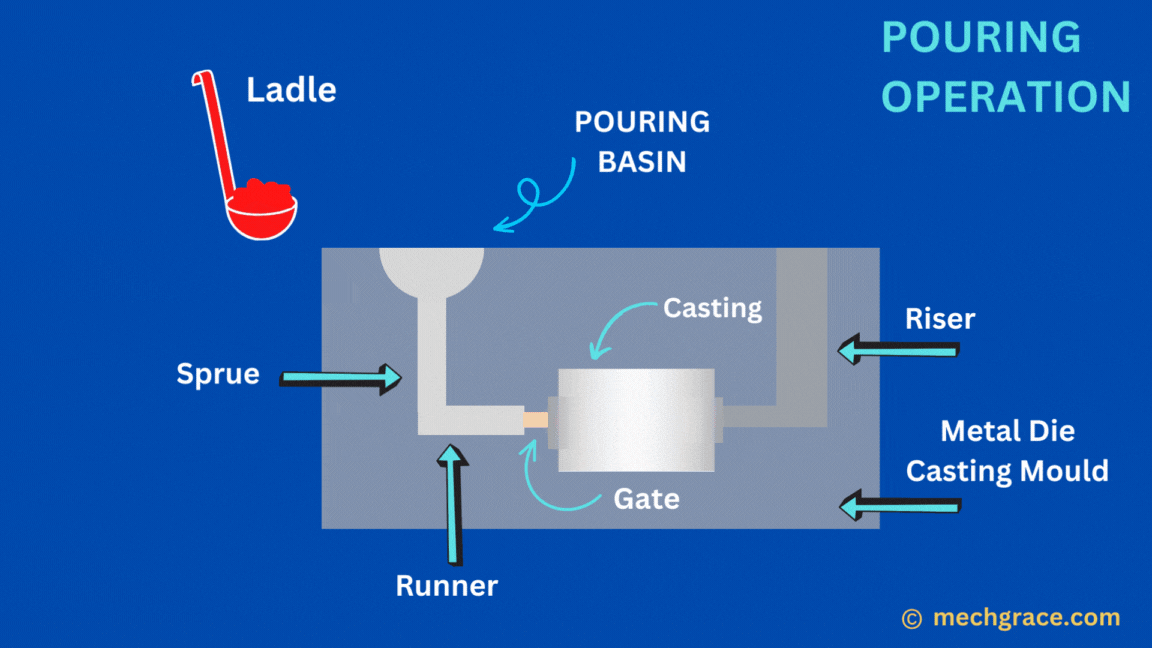
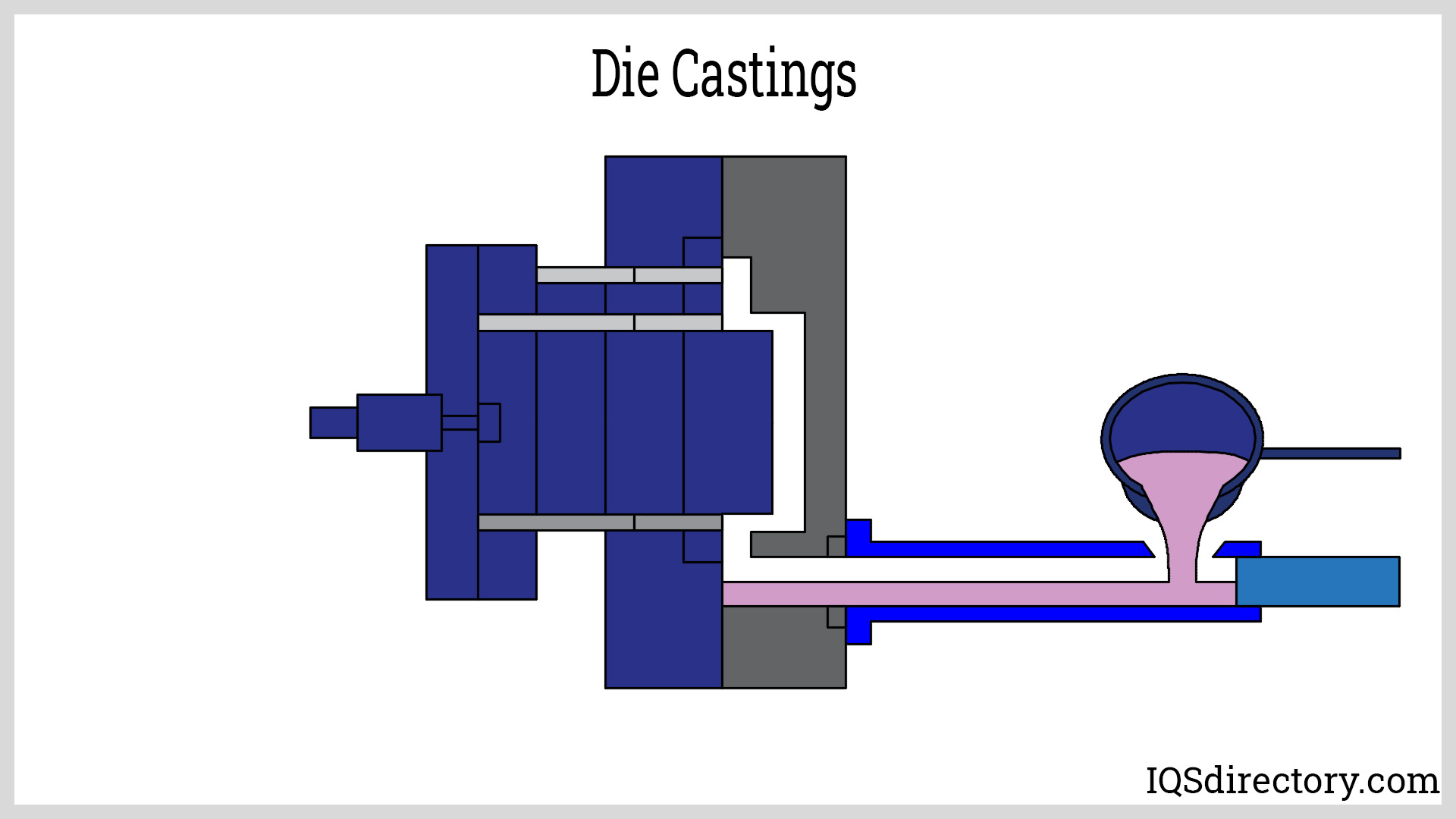
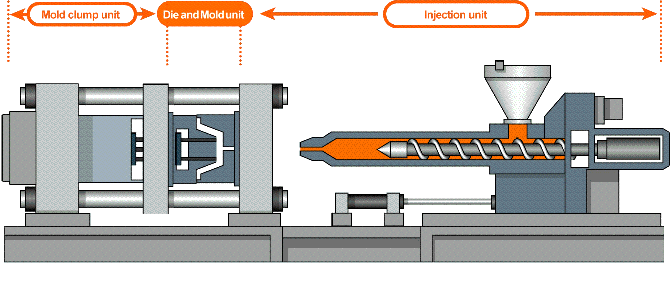
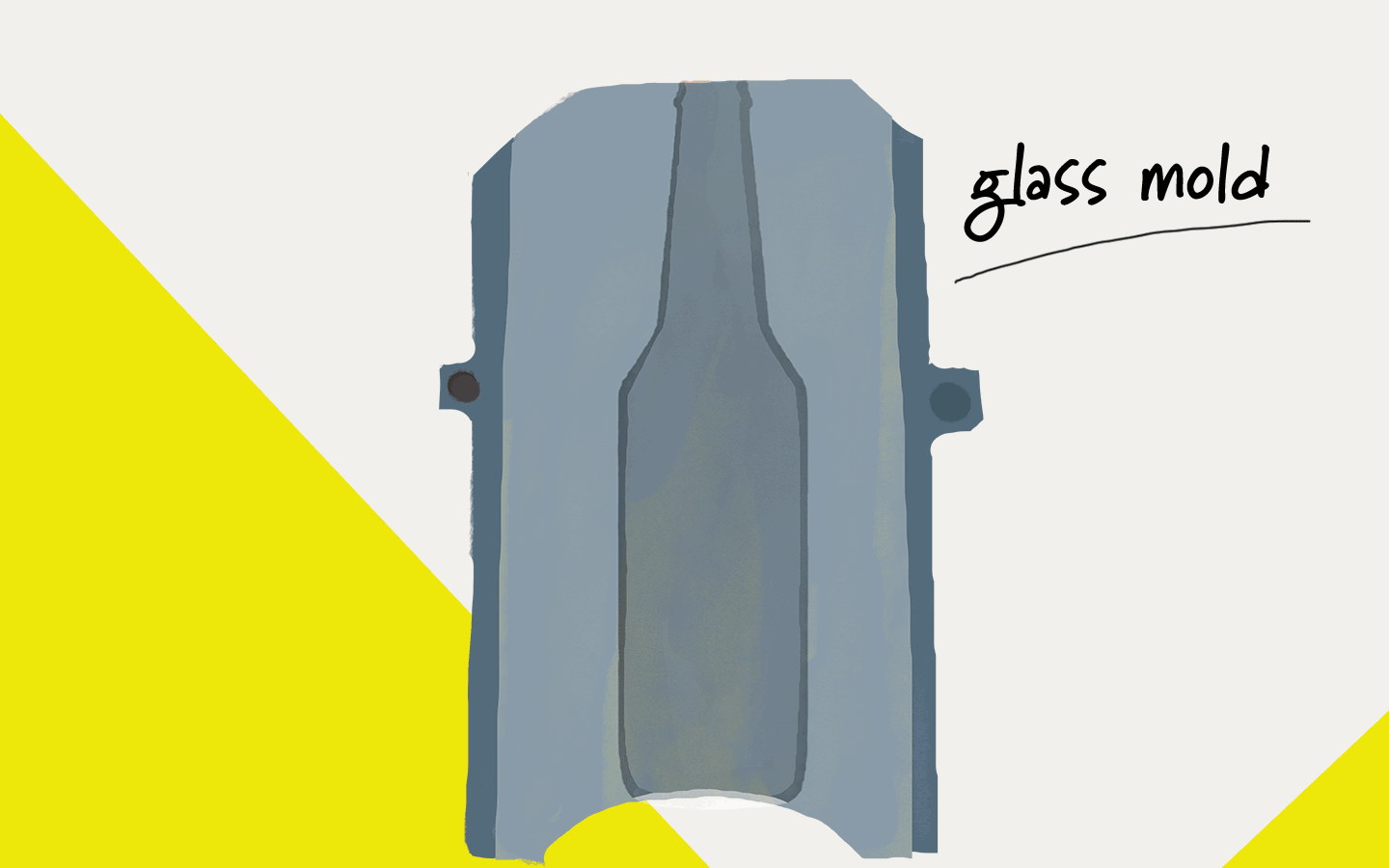
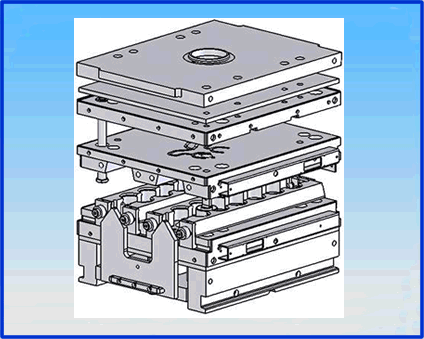
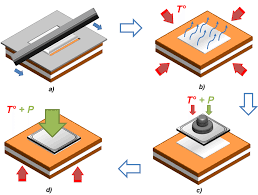
Encouraging young people to explore this field is essential for the future of the industry. By joining the MoDiTeC center, they can acquire vital technical skills to design and manufacture molds, thus participating in the creation of products that shape our daily lives. It is a unique opportunity to train for future careers, where precision and innovation are at the heart of industrial practices.